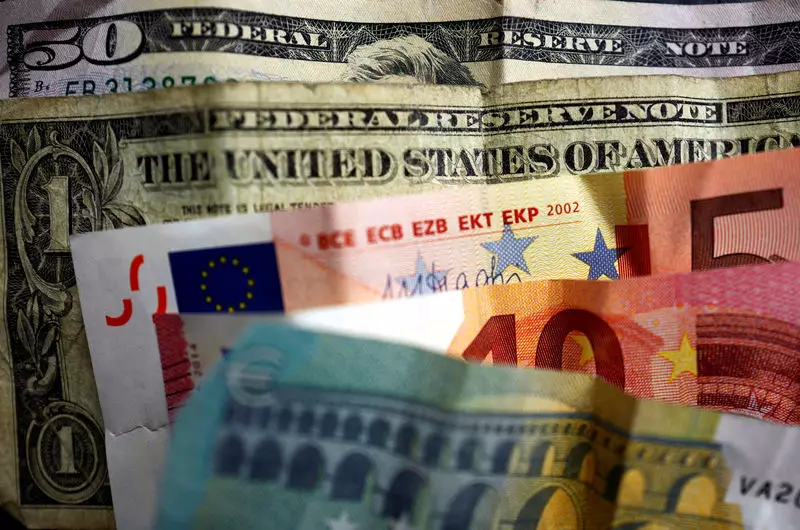The U.S. dollar showed signs of stability in early European trading, as investors awaited crucial inflation data. The Dollar Index, which tracks the greenback against a basket of other currencies, remained flat at 104.577, following a recent 1% decline. The dollar had been under pressure after disappointing U.S. payrolls data, leading to increased expectations of a Federal Reserve interest rate cut. Traders are now pricing in a 76% chance of a rate cut at the Fed’s September meeting, up from 64% just a week ago. Analysts are closely watching for consumer inflation data and Federal Reserve Chair Jerome Powell’s testimony for further clues on the future of U.S. interest rates.
The euro saw a slight uptick against the dollar, as traders analyzed the results of the French parliamentary elections. The left-leaning New Popular Front emerged as a dominant force in the National Assembly, leading to a hung parliament and potential political instability in France. This uncertainty could weigh on the eurozone’s second-largest economy and impact the euro’s performance in the near term. Analysts are monitoring the situation closely for any potential implications on the currency market.
The British pound experienced a modest increase against the dollar, reaching levels not seen since June 12. The positive sentiment was driven by the opposition Labour Party’s significant victory in the U.K. general election, potentially signaling a change in government. While the fiscal outlook may not immediately impact the pound, factors such as French politics, U.S. macroeconomic indicators, and Bank of England interest rate expectations will continue to influence the pound’s movements.
In Asia, the Japanese yen weakened slightly against the dollar, despite ongoing economic indicators showing signs of improvement. The data suggested strong growth in Japanese average cash earnings, supporting the yen but still leaving it vulnerable to fluctuations in the currency market. Meanwhile, the Chinese yuan remained relatively stable against the dollar, hovering near seven-month lows. The ongoing trade tensions between the U.S. and China continue to impact the yuan’s performance, with further developments expected to influence its value in the coming days.
Global events such as elections, economic data releases, and central bank announcements have a significant impact on currency markets worldwide. Traders and analysts closely monitor these events for insights into future market trends and potential opportunities for trading. As geopolitical uncertainties persist, currency movements will remain sensitive to changing economic and political dynamics, leading to fluctuations in exchange rates.

